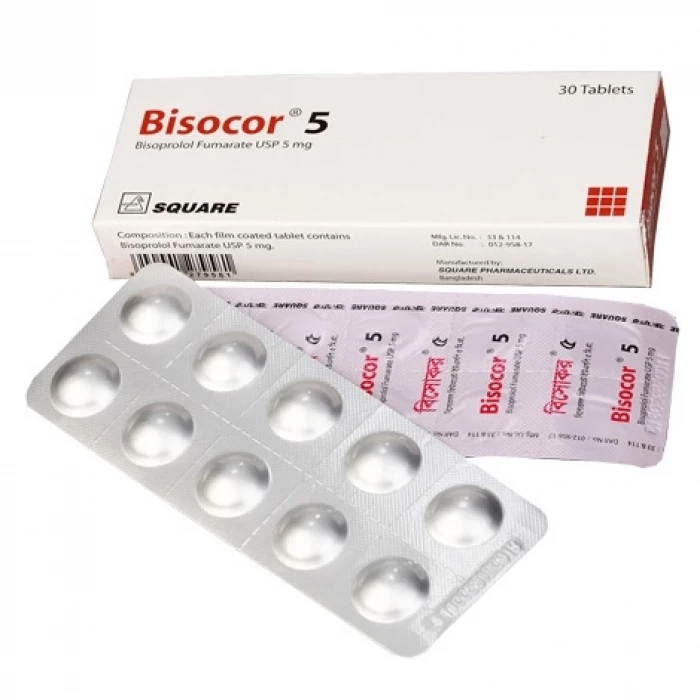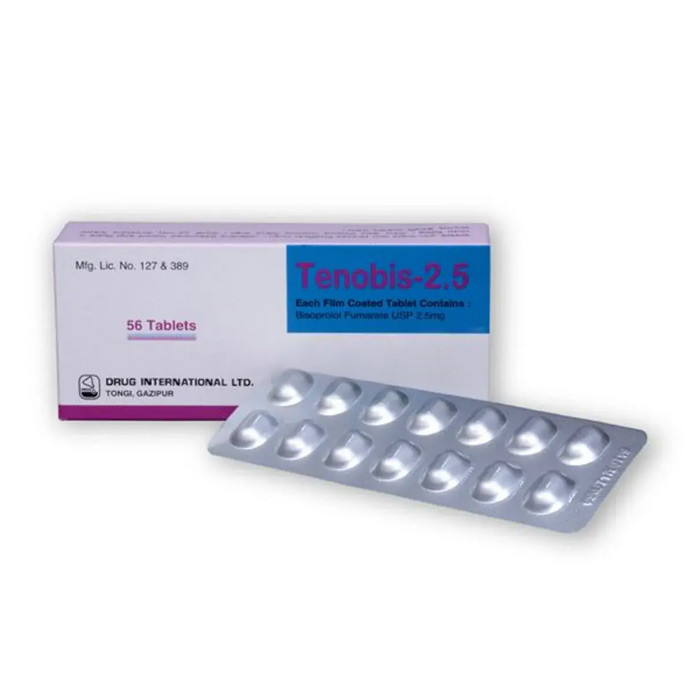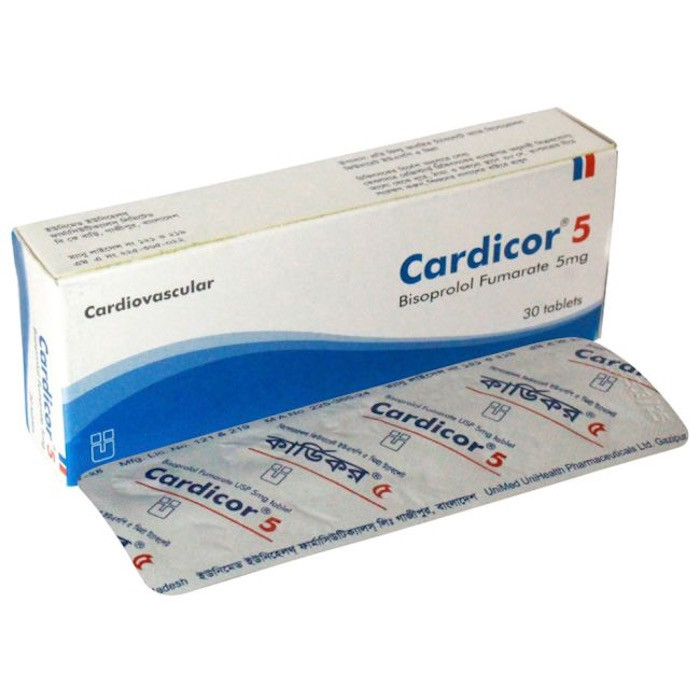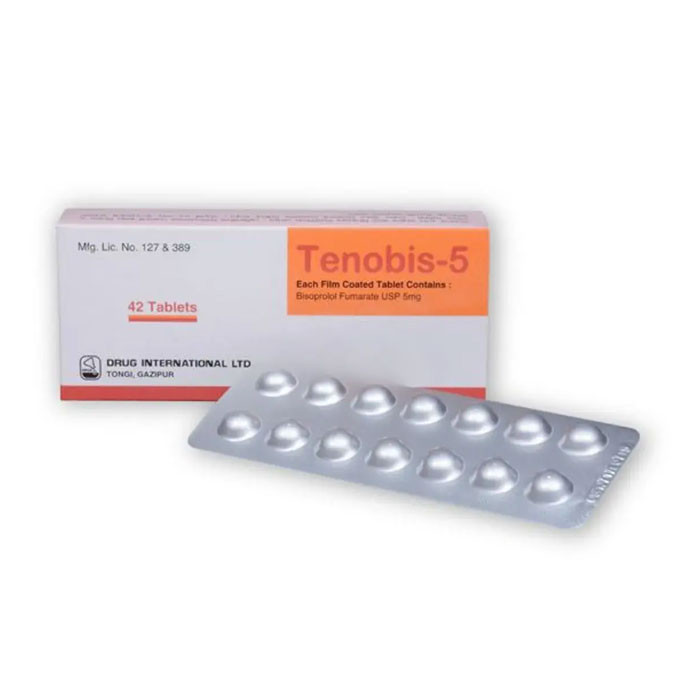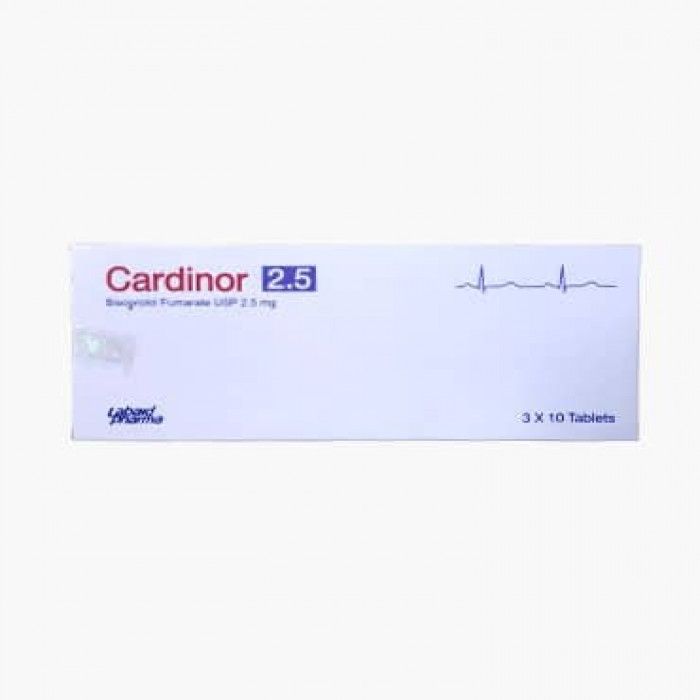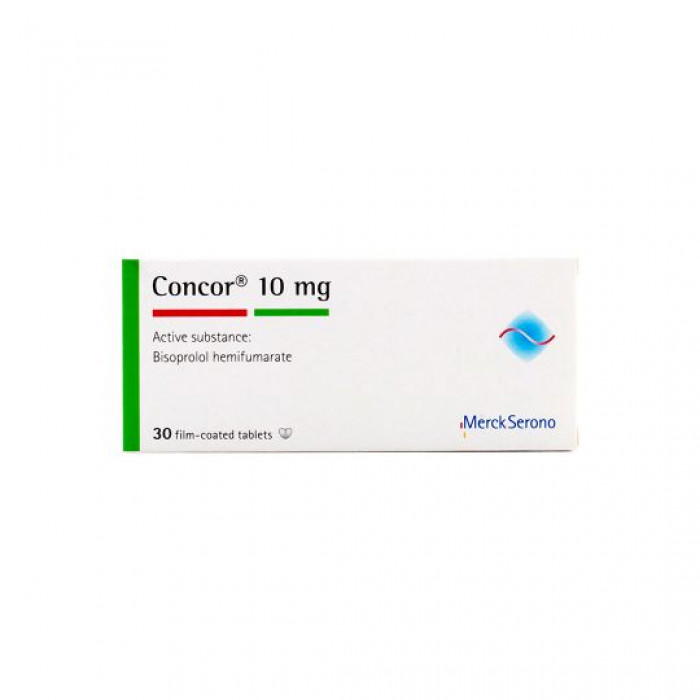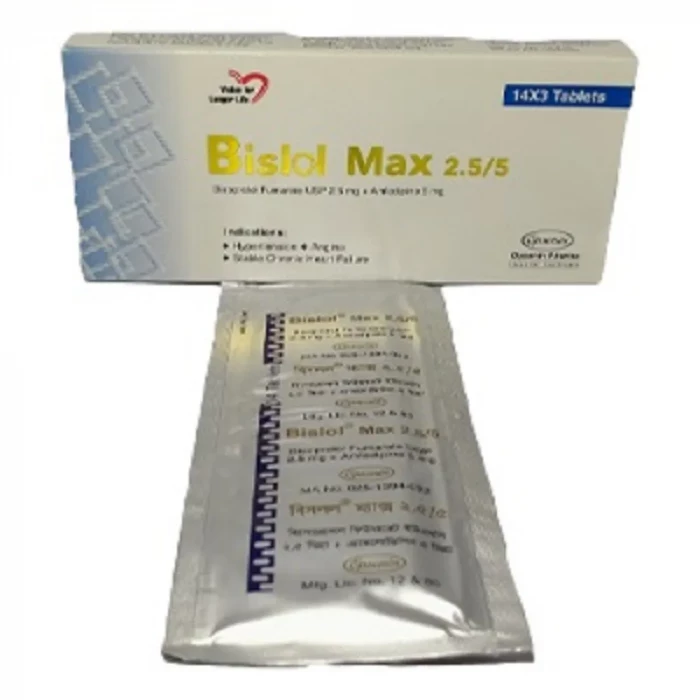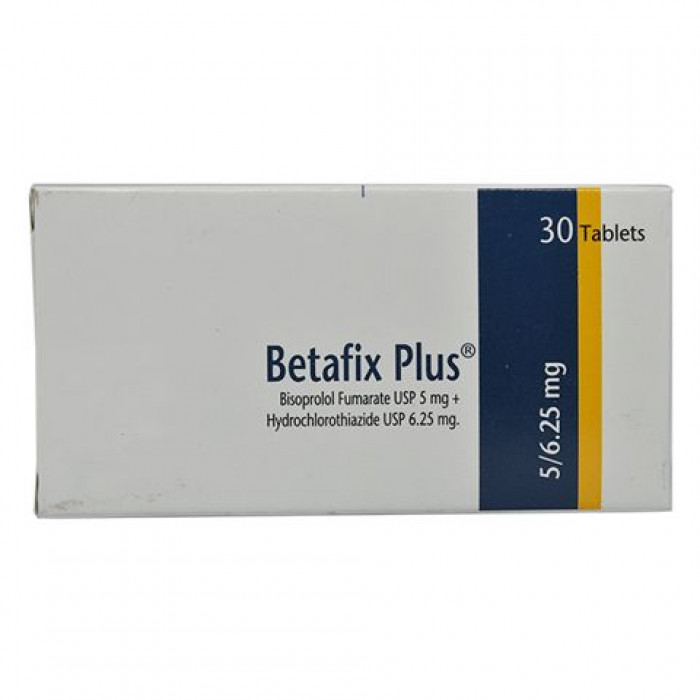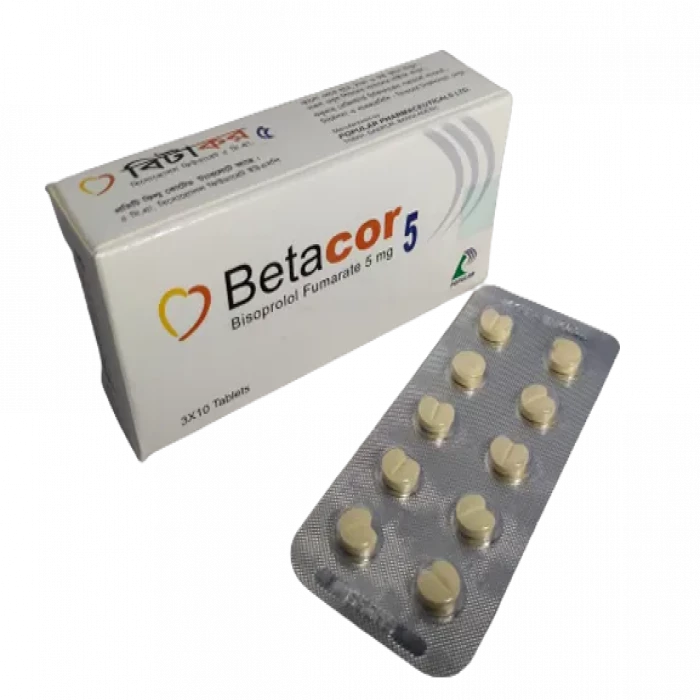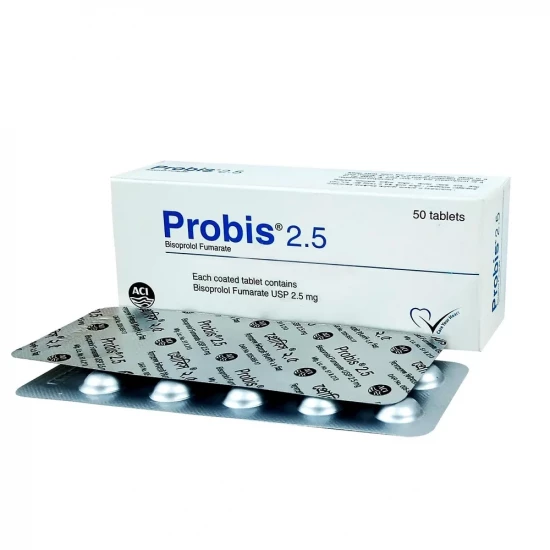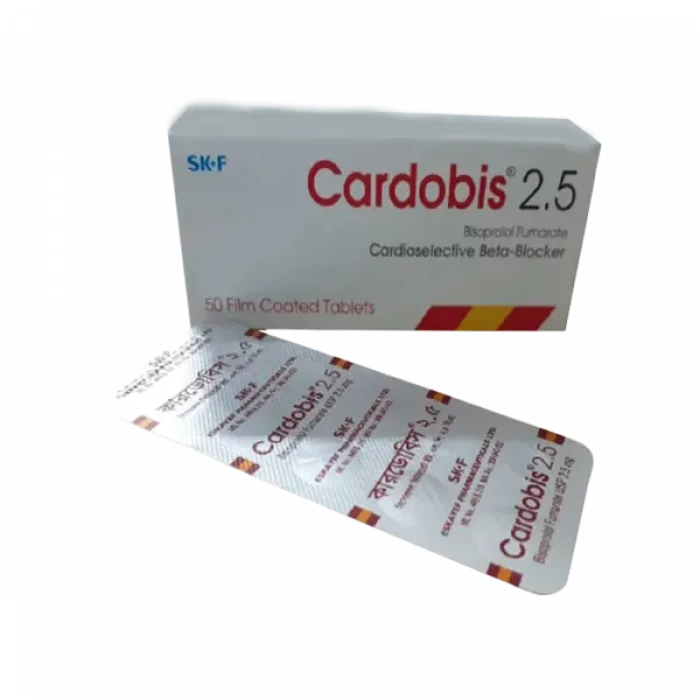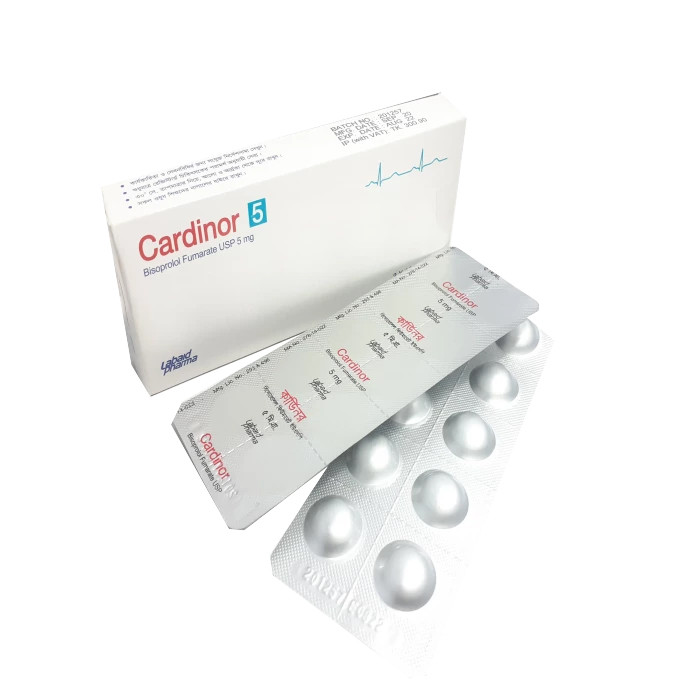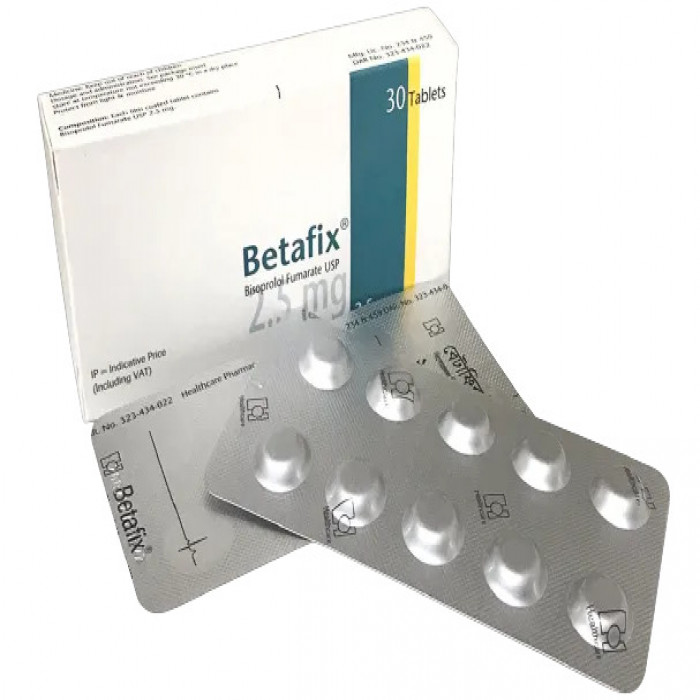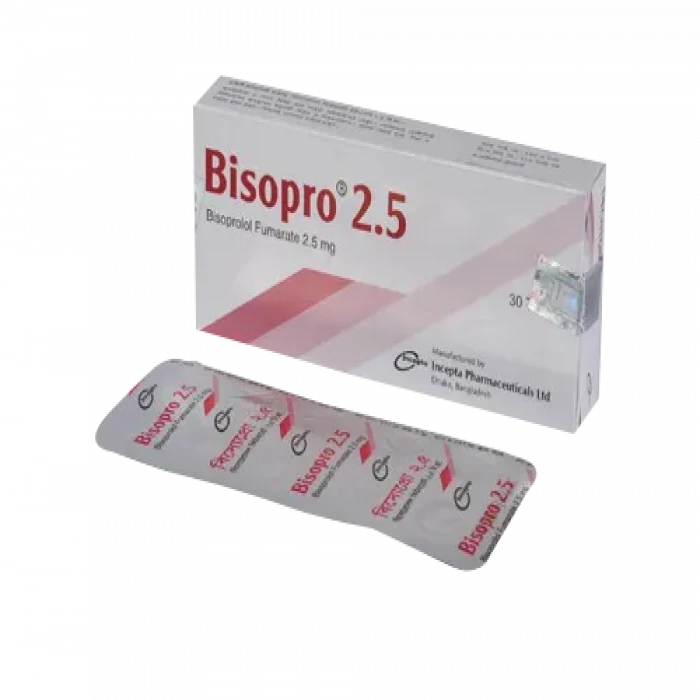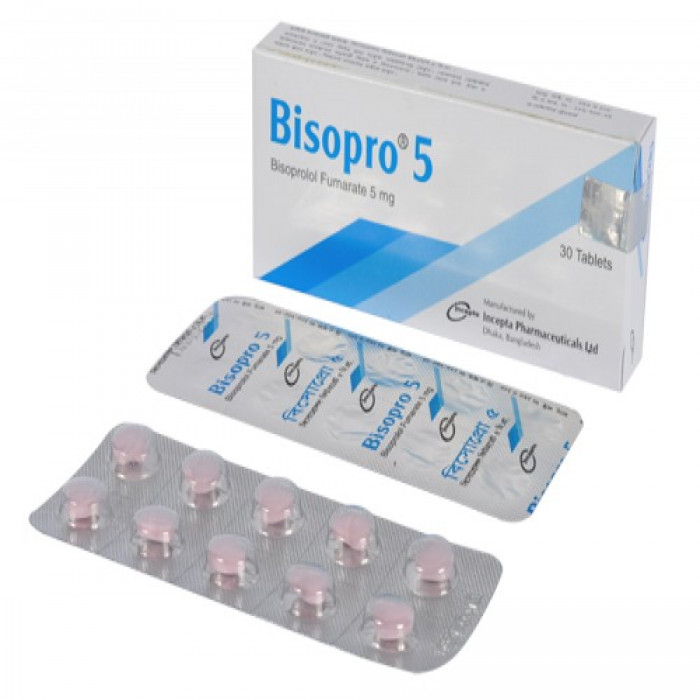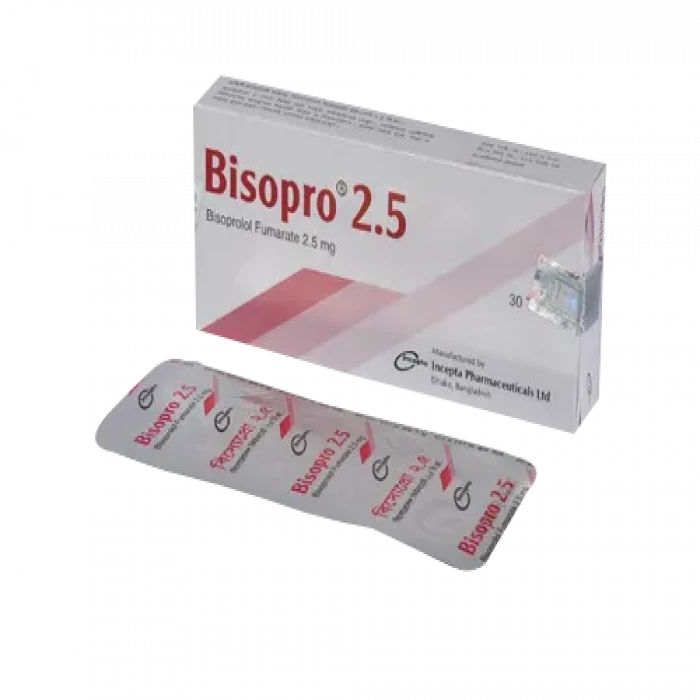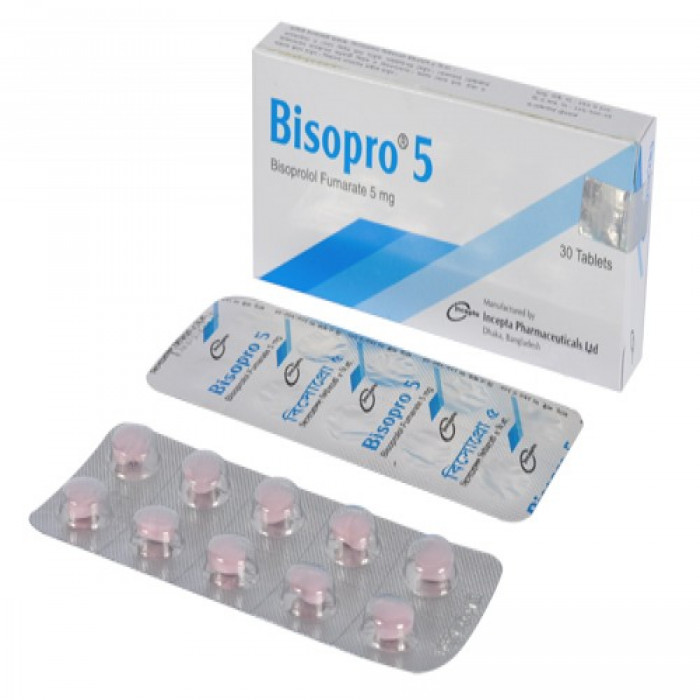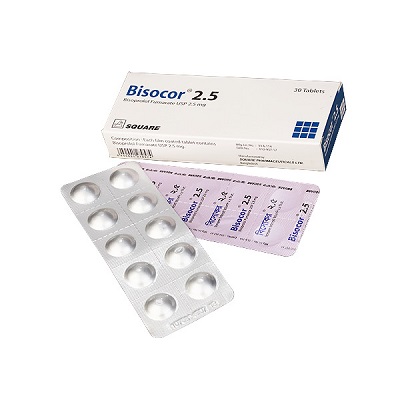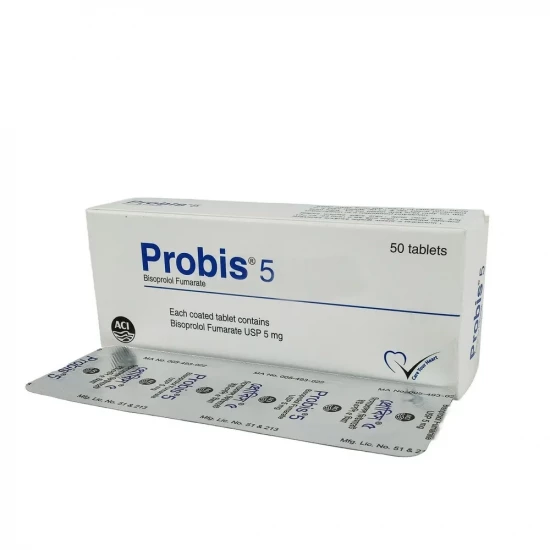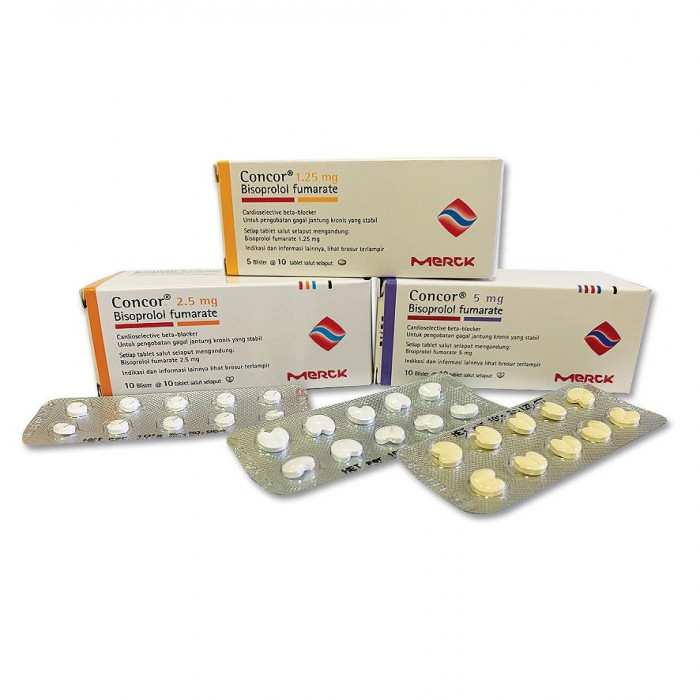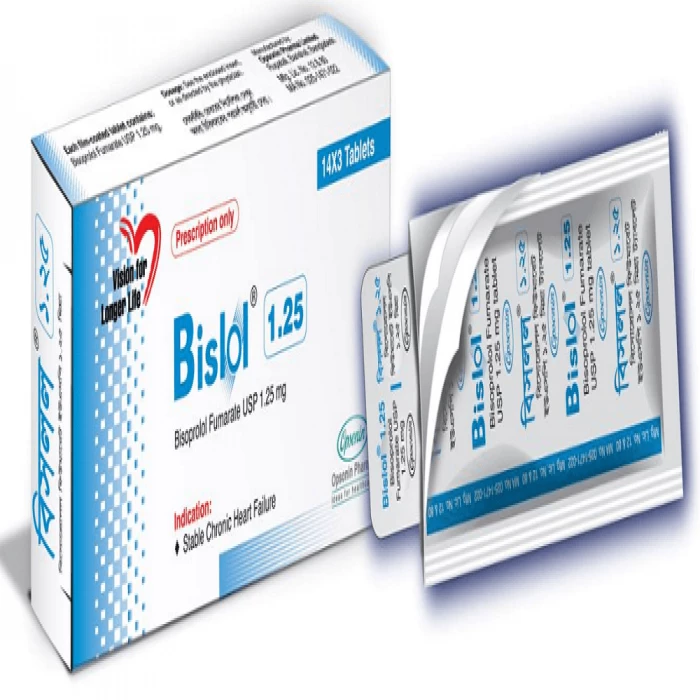
✔ 100% Authentic Product
👁️ Currently Viewing 2716
Bislol 1.25mg (14pcs)
Generic Name: Bisoprolol 1.25mg Company Name: Opsonin Pharma Limited
Discount
Price: ৳ 53
MRP:
৳
56
5%
Off

100% Genuine Products, Guaranteed

Safe & Secure Payments, Always

Fast, Secure & Efficient Delivery

Proper Packaging
 Cash on Delivery - All over Bangladesh
Cash on Delivery - All over Bangladesh Regular Delivery - 12-24 Hours, Dhaka City* Charge Tk.39-59
Regular Delivery - 12-24 Hours, Dhaka City* Charge Tk.39-59 Regular Delivery - 24-48 Hours, Other Cities* Charge Tk.99-110
Regular Delivery - 24-48 Hours, Other Cities* Charge Tk.99-110
 ফ্রি ডেলিভারিঃ - ৯৯৯ টাকা+ অর্ডারে, ঢাকা
শহরে
ফ্রি ডেলিভারিঃ - ৯৯৯ টাকা+ অর্ডারে, ঢাকা
শহরে ফ্রি ডেলিভারিঃ - ২৯৯৯ টাকা+ অর্ডারে, ঢাকার
বাহিরে
ফ্রি ডেলিভারিঃ - ২৯৯৯ টাকা+ অর্ডারে, ঢাকার
বাহিরে
100% Genuine Products, Guaranteed
Safe & Secure Payments, Always
Fast, Secure & Efficient Delivery
Proper Packaging
 Cash on Delivery - All over Bangladesh
Cash on Delivery - All over Bangladesh Regular Delivery - 12-24 Hours, Dhaka City* Charge Tk.39-59
Regular Delivery - 12-24 Hours, Dhaka City* Charge Tk.39-59 Regular Delivery - 24-48 Hours, Other Cities* Charge Tk.99-110
Regular Delivery - 24-48 Hours, Other Cities* Charge Tk.99-110 ফ্রি ডেলিভারিঃ - ৯৯৯ টাকা+ অর্ডারে, ঢাকা
শহরে
ফ্রি ডেলিভারিঃ - ৯৯৯ টাকা+ অর্ডারে, ঢাকা
শহরে ফ্রি ডেলিভারিঃ - ২৯৯৯ টাকা+ অর্ডারে, ঢাকার
বাহিরে
ফ্রি ডেলিভারিঃ - ২৯৯৯ টাকা+ অর্ডারে, ঢাকার
বাহিরে
✅ Description:
Indication
Beta-blockers are a class of medications that includes Bislol 1.25. It is used to treat angina (chest pain related to the heart), hypertension, and irregular heartbeats (arrhythmia). Additionally, it aids in the prevention of migraines, heart attacks, and stroke in the future. Additionally, the symptoms brought on by an overactive thyroid gland are treated with Bislol 1.25. It may be prescribed both on its own and in combination with other drugs.
Pharmacology
Bisoprolol hemifumarate is the ß1 blocker that is the most selective. Of all the beta-blockers on the market right now, it has the highest affinity for the ß1 receptor. lowers heart rate, cardiac output, and arterial blood pressure by blocking the ß1 adrenergic receptor in the heart and vascular smooth muscle. ß-blockers can affect lipid metabolism in patients taking non-ß1 selective ß1-blockers, but long-term use of Bisoprolol does not result in any changes to the cholesterol fraction, including the heart-protective HDL cholesterol.
Dosage & Administration
Hypertension: The dosage of Bisoprolol should be tailored to the patient's requirements. 5 mg once daily is typically the starting dose. 2.5 mg might be an appropriate starting dose for some patients. Once daily dosages of 10 mg and 20 mg may be used if the antihypertensive effects of 5 mg are insufficient.
Angina: Typically 10 mg once daily (5 mg may be sufficient in some patients), with a daily maximum of 20 mg.
Heart failure: 1.25 mg once daily (in the morning) for the first week; if well tolerated, increased to 2.5 mg once daily for the next week; 3.75 mg once daily for the following week; 5 mg once daily for the following four weeks; 7.5 mg once daily for the following four weeks; and finally, 10 mg once daily at the most.
Interactions
Other ß-blocking medications should not be taken with bisoprolol.
Contraindications
Right ventricular failure secondary to pulmonary hypertension and sinus bradycardia in individuals with cardiogenic shock, overt heart failure, second or third-degree A-V block, and sinus bradycardia.
Side-Effects
It is possible to experience gastrointestinal disorders, bradycardia, hypotension, headache, fatigue, sleep disturbances, dizziness, vertigo, thrombocytopenia, vision disturbances, and alopecia.
Pregnancy
Bisoprolol's safety during pregnancy has yet to be determined.
Precautions
During long-term bisoprolol medication, renal, hepatic, and hematologic functions should be monitored at regular intervals.
Storage Conditions
Keep away from light and heat in a dry location. Keep out of children's reach.
⚠️Disclaimer:
At ePharma, we’re committed to providing accurate and accessible health information. However, all content is intended for informational purposes only and should not replace medical advice from a qualified physician. Please consult your healthcare provider for personalized guidance. We aim to support, not substitute, the doctor-patient relationship.




